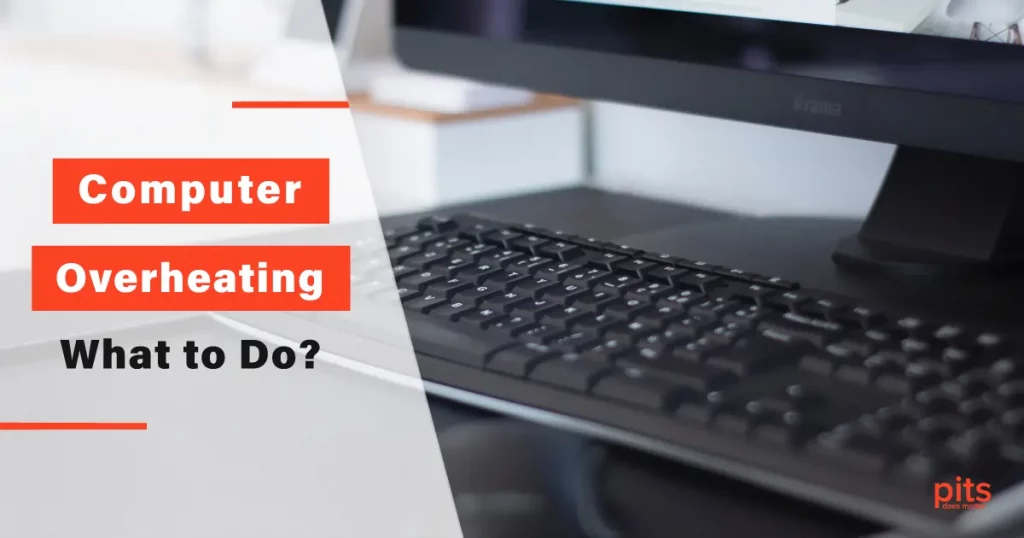Computer overheating is a prevalent issue that can cause significant performance degradation and, in severe cases, hardware damage. With the increasing popularity of computers, laptops, and other electronic devices, the issue of overheating has become a major concern for many computer users. Overheating can cause severe damage to your desktop or laptop computer, resulting in loss of data, reduced performance, and permanent damage to the hardware. Therefore, it is crucial to understand why computers overheat and how to prevent it.
Can a Computer Overheat?
Can a computer overheat? The answer to this question is yes. Internal components in computers generate heat while in use. The components inside a computer, such as the GPU (graphics processing unit), CPU (central processing unit), and hard drive, generate heat as they work.
If the heat generated by these components is not adequately dissipated, it can build up inside the computer and cause the temperature to rise rapidly, resulting in an overheated computer.
Why do Computers Overheat?
Why do computers overheat? One of the major causes of computer overheating is the excessive heat generated by the system’s components, which could be more efficiently dissipated. This can occur due to inadequate ventilation, hardware malfunctions, or intense usage such as gaming or running resource-intensive software. Additionally, the accumulation of dust and debris in cooling systems and high ambient temperatures can further exacerbate overheating issues.
Dust and Debris Build-Up
Over time, debris and dust can accumulate inside your computer, clogging up the fans and preventing them from spinning properly. This can lead to poor airflow, which can cause your computer to overheat.
Poor Ventilation
If your computer is placed in an area with poor ventilation, such as a small, enclosed space, it can trap the heat generated by the components and cause the temperature to rise rapidly.
Inadequate Cooling System
If your computer’s cooling system is not powerful enough to disperse the heat generated by the components, it can cause the temperature inside the computer to rise, leading to overheating.
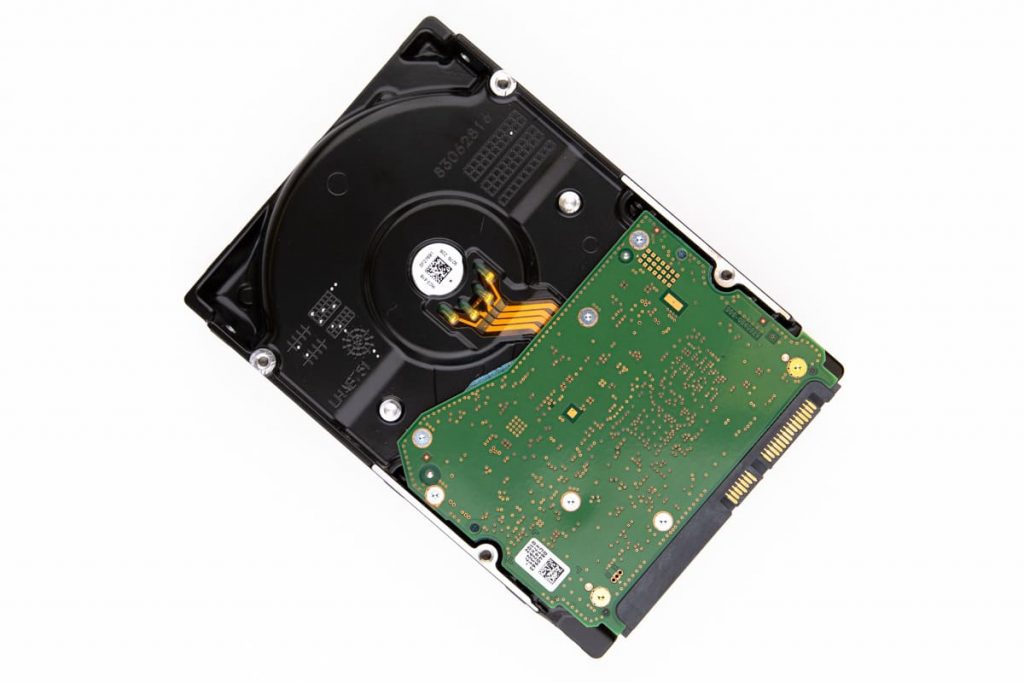
Overclocking
Overclocking increases the clock speed of your computer’s components to increase performance. However, overclocking can cause your computer to generate more heat than it can dissipate, leading to overheating.
Malfunctioning Fans
If the fans inside your computer are not working correctly, or if they stop working altogether, your computer will not be able to dissipate heat properly, leading to overheating.
What to Do When Your Computer Overheats So Easily?
Computers can overheat due to various reasons. If your computer is prone to overheating, it is important to know why does my computer overheat and what steps to take to address this issue and prevent potential damage.
Shut Down Your Computer
When you note your computer is overheating, the first step is to shut it down. This will prevent further damage to the components and reduce the risk of permanent damage.
Check the Fans
After shutting down your computer, check the cooling fans to ensure they are spinning correctly. If the fans are not spinning, it could be due to a malfunction or debris buildup. You can clean the fans using a can of compressed cool air or a soft-bristled brush.
Check the Ventilation
Check the ventilation of your computer to ensure that it is not blocked. Move your desktop or laptop computer to an area with better ventilation.
Check the Cooling System
Check the cooling system to see if the fans and ventilation work correctly, but your computer is still overheating. The cooling system may need to be improved for the amount of heat the components generate. You can consult a computer technician to determine if a replacement is necessary.
Reduce the Load on Your Computer
Overheating can occur if your computer is working too hard. You can reduce the load on your computer by closing unnecessary applications, removing unnecessary startup items, and limiting the number of programs running simultaneously.
Use a Cooling Pad
If you are using a laptop, you can use a cooling pad to help dissipate heat. Cooling pads are designed to improve airflow around your computer and reduce the risk of overheating.
Upgrade Your Hardware
Consider upgrading your computer’s hardware if you are experiencing regular overheating despite taking all the necessary precautions. Upgrading to a more powerful CPU GPU or adding additional fans or cooling systems can help reduce the heat generated by your computer and prevent overheating.
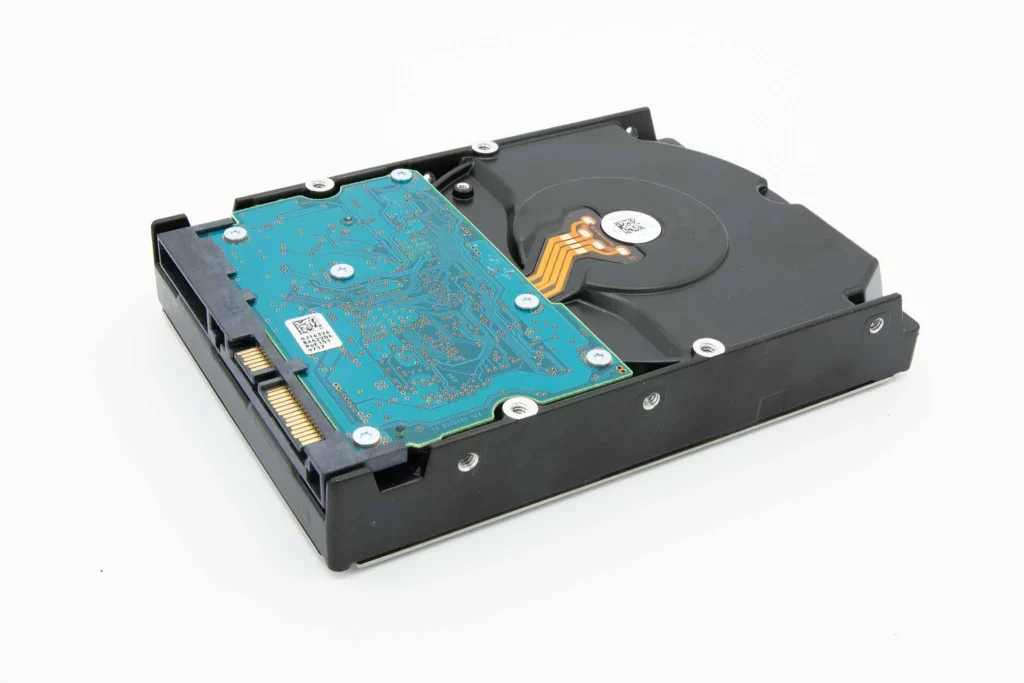
Monitor Your Computer’s Temperature
Monitoring your computer’s temperature can help you detect potential overheating issues before they cause permanent damage. You can also use software to scan your computer’s temperature.
Clean Your Computer Regularly
Regularly cleaning your computer can help prevent dust and debris buildup, which can block airflow and cause overheating. You can use a soft-bristled brush or compressed air to clean your computer’s fans, heatsinks, and other components.
Seek Professional Help
If you have tried all the steps mentioned and your computer is still overheating, it might be time to seek professional help. A computer technician can diagnose and fix any underlying issues causing your computer to overheat.
Restore Data from Overheat Computer with PITS
At PITS Global Data Recovery Services, we understand the importance of your data and the devastating effects of losing it due to a hard drive failure. One of the most frequent causes of hard drive failure is overheating, resulting from various factors, including poor ventilation, dust buildup, and a malfunctioning cooling system. When your hard drive fails due to overheating, you can trust our data recovery services to help you retrieve your lost data quickly and efficiently.
When you bring your hard drive to our facility, our expert technicians will perform an initial assessment to determine the extent of the damage caused by overheating. We use the latest tools and techniques to assess the condition of your hard drive, identify the cause of the failure, and determine the likelihood of data recovery.
If the hard drive is damaged, we will repair it to restore it to a functional state. Our skilled technicians use state-of-the-art tools and techniques to repair hard drives affected by overheating, such as replacing damaged components, fixing the cooling system, and removing dust and debris buildup.
Once your hard drive is repaired, we will retrieve your lost data. Our data recovery experts use specialized tools and techniques to extract your data from the damaged hard drive.
Advantages of Our Services:

If you’re facing a data loss situation, don’t hesitate to contact us. Our 24/7 data recovery services are available to you, 365 days a year. Let us help you recover your precious data today.
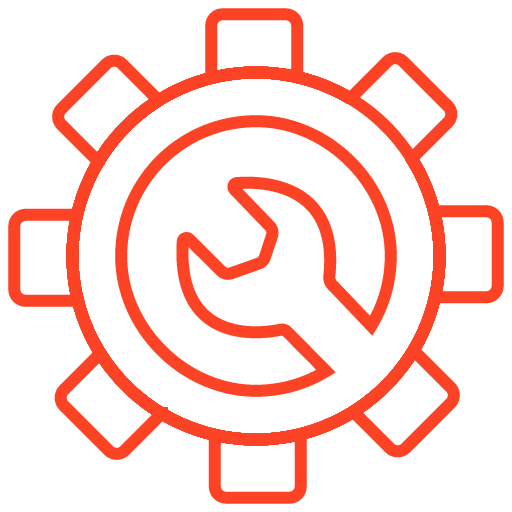
We start the recovery process with a risk-free evaluation. Our technicians estimate reasons for data loss and the level of damage. Based on it, we select the most suitable recovery strategy.

With years in the data recovery industry, our company supports the highest customer satisfaction rate. We do everything to provide a positive experience for our clients.
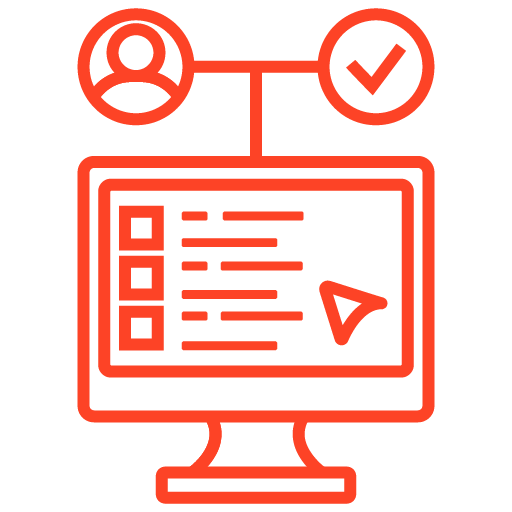
During our remote customer file verification session, you will thoroughly review all necessary documents and records to ensure accuracy and compliance.

We offer data recovery services from over 50 locations across the US. This means that no matter where you are located, you can access our services to recover the data.

With our certified data recovery services and 99% success rate, we are confident that we can recover your precious data and get you back up and running in no time.
After recovering your data, we perform a thorough quality control check to ensure all your files are intact and in their original condition. We verify that the recovered data is complete and error-free, and we provide you with a detailed report of the data we could recover.
Once we have completed the data recovery process, we transfer your data to a new device, such as an external hard drive or a cloud-based storage solution, depending on your preference. We ensure that your data is transferred securely and confidentially.
Hard drive failure due to overheating can be a devastating experience, but with the right data recovery services, you can restore your lost data. At PITS Global Data Recovery Services, we have the expertise, tools, and techniques necessary to recover your data from a hard drive affected by overheating and restore it to its original condition. Contact our customer service today to learn more about our data recovery services for hard drive failures caused by overheating.
Frequently Asked Questions
Why is my computer overheating?
There can be several reasons why a computer may overheat. Common causes include inadequate cooling, dust accumulation in the cooling system, malfunctioning fans, a faulty or inefficient heat sink, overclocking, running resource-intensive tasks, or poor ventilation around the computer.
What should I do if my computer is overheating?
If your computer is overheating, there are several steps you can take to address the issue. Start by shutting down the computer and allowing it to cool down. Ensure that the computer is placed on a flat, hard surface to promote proper airflow.
Check for any obstructions blocking the air vents or fans and remove them if present. Use compressed air to carefully clean out dust and debris from the cooling system. Verify that all fans are functioning correctly and replace any faulty ones if necessary.
Consider applying new thermal paste to the CPU to improve heat transfer. If you are running resource-intensive tasks or overclocking, reduce the workload or revert to default settings. In some cases, adding additional cooling solutions, such as case fans or liquid cooling, may be necessary. If the problem persists, consult a professional technician for further diagnosis and assistance.
How to prevent computer overheating?
To prevent computer overheating, follow these preventive measures: Ensure your computer is placed in a well-ventilated area with sufficient airflow. Keep the air vents and fans clean by regularly removing dust and debris. Avoid obstructing the airflow around the computer with objects or surfaces that impede ventilation.
Use a cooling pad or stand to elevate the laptop and improve air circulation. Consider adding additional cooling solutions, such as case fans or liquid cooling, if your computer experiences consistent overheating. Regularly update your computer’s operating system and drivers to ensure optimal performance and thermal management.
Monitor the computer’s temperature using software tools and promptly address any signs of excessive heat. Avoid running resource-intensive tasks for extended periods and limit overclocking to a level that can be effectively cooled by your system’s cooling components.
What are the potential risks of computer overheating?
Computer overheating can pose various risks to your system’s components and overall performance. Excessive heat can cause damage to the CPU, GPU, motherboard, and other sensitive parts, potentially leading to system instability, crashes, or even permanent hardware failure.
Overheating can also result in reduced performance as the system may automatically throttle down to prevent further heat buildup. Continuous overheating may shorten the lifespan of your computer and impact its reliability. It is important to address overheating issues promptly to mitigate these risks and ensure the longevity and optimal functioning of your system.
When should I seek professional assistance for computer overheating?
If you have taken basic troubleshooting steps to address computer overheating, such as cleaning the cooling system and ensuring proper airflow, but the issue persists, it may be advisable to seek professional assistance.
A trained technician can diagnose the root cause of the overheating problem, conduct a comprehensive system inspection, and offer specialized solutions based on your specific computer model and configuration.
Professional assistance is particularly recommended if you are not comfortable performing advanced hardware-related tasks or if the computer is still overheating after attempting basic troubleshooting steps.
